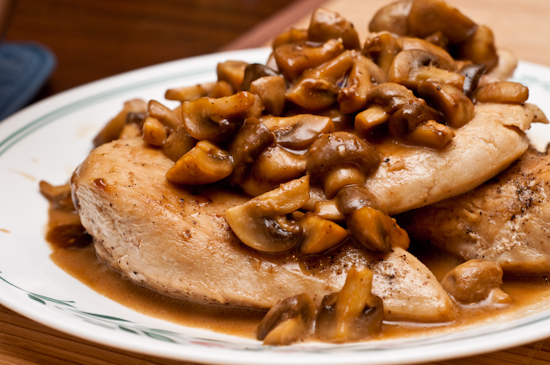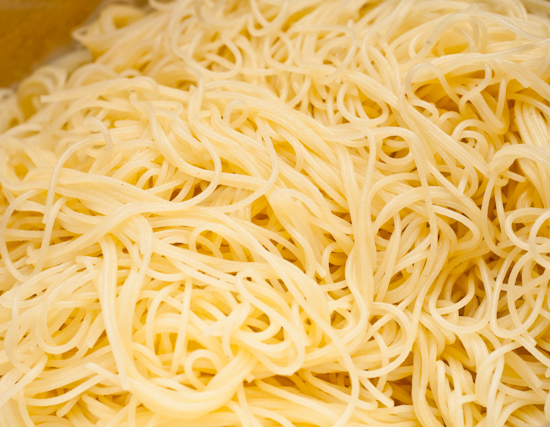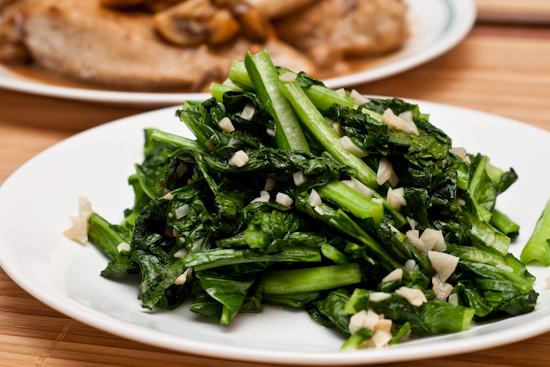AUTHORS
CATEGORIES
- Airsoft (2)
- Austin (8)
- Books (9)
- Cooking For Engineers (20)
- Credit Cards (2)
- Current Events (9)
- Deals (4)
- Dining (37)
- Fanpop (4)
- Food (808)
- Games (5)
- Hairy (6)
- Kitchen Gear (7)
- Life (24)
- Miscellaneous (6)
- Movies (15)
- Orthogonal Thought (6)
- Personal Computers (10)
- Photography (158)
- Rant (9)
- Ruby on Rails (2)
- San Francisco (5)
- Soap Making (5)
- Television (11)
- Texas (1)
- Things We Like (11)
- Travel (11)
- Wear or Not (1)
- Web 2.0 (9)
- What I Ate (861)
- Wikipedia (5)
- Windows 10 (3)
- Windows Mobile (1)
- WordPress (1)
ARCHIVE
- September 2018 (1)
- September 2017 (1)
- March 2017 (1)
- September 2016 (2)
- August 2016 (2)
- September 2015 (1)
- November 2014 (1)
- August 2014 (1)
- January 2014 (1)
- September 2013 (1)
- December 2012 (1)
- November 2012 (3)
- September 2012 (1)
- August 2012 (2)
- June 2012 (2)
- February 2012 (1)
- January 2012 (4)
- December 2011 (4)
- October 2011 (2)
- September 2011 (5)
- August 2011 (1)
- July 2011 (2)
- April 2011 (2)
- February 2011 (5)
- January 2011 (12)
- December 2010 (37)
- November 2010 (30)
- October 2010 (25)
- September 2010 (30)
- August 2010 (32)
- July 2010 (34)
- June 2010 (31)
- May 2010 (35)
- April 2010 (35)
- March 2010 (33)
- February 2010 (34)
- January 2010 (33)
- December 2009 (30)
- November 2009 (31)
- October 2009 (30)
- September 2009 (31)
- August 2009 (34)
- July 2009 (34)
- June 2009 (34)
- May 2009 (33)
- April 2009 (32)
- March 2009 (42)
- February 2009 (38)
- January 2009 (57)
- December 2008 (40)
- November 2008 (30)
- October 2008 (33)
- September 2008 (22)
- August 2008 (5)
- July 2008 (5)
- June 2008 (11)
- May 2008 (13)
- April 2008 (10)
- March 2008 (29)
- February 2008 (18)
- January 2008 (28)
- December 2007 (1)
- November 2007 (4)
- October 2007 (5)
- September 2007 (10)
- August 2007 (14)
- July 2007 (10)
- June 2007 (9)
- May 2007 (21)
- April 2007 (21)
What I Ate: April 6, 2010
Posted 6 April, 2010 at 10:57pm by Michael Chu(Filed under: Food, What I Ate)
Lunch: I ate leftover pork with mushroom sauce and potatoes. I also had a bowl of corn soup.

Dinner: I cooked Chicken and Mushroom Marsala.

Served it with capellini.

Tina sauteed turnip greens to go with it.

7 comments to What I Ate: April 6, 2010
C, April 7th, 2010 at 7:59 am:
-
Hi Michael,
My boyfriend is an engineer, and refuses to take any popular nutritional information at face value. I don't blame him, but I want him to eat less fried food, fast food and soda (currently accounting for 75%-90% of his diet). I think these foods are bad for his health, but am having a terrible time finding reliable, engineer-approved statistical information about nutrition.
I know it's not entirely your area, but I need to find an engineer who knows something about food. Please let me know if you have any suggestions! Will also accept "actually, nobody knows anything reliable about nutrition, so let your boyfriend eat what he wants."
Michael Chu, April 7th, 2010 at 10:20 am:
-
I'm hoping 75%-90% is an exaggeration… That's like one or two days a week where he doesn't eat fast food and soda… Unfortunately, nutrition is a tricky subject especially since that entire area of study is incredibly complex with many different interactions that make it difficult to determine cause and effect. In addition, nutritional information (as well as advice from nutritionists) is typically simplified to the point of being misleading. There are also a variety of different agendas when it comes to discussions about nutrition. Some people focus on weight loss (or maintaining weight), some on heart disease, longevity, quality of life (regardless of longevity - why live long if you're unhappy), energy levels, environmental concerns, and more. Little distinction is made between the differing agendas when the media or literature discusses the nutritional benefits or detriments. (In the U.S., "healthy" usually means longevity although sometimes it refers to weight gain preventative.)
As such, it's really difficult to comment on nutrition. Nutritionists and doctors will supply their opinions, but the field changes so much that many of their beliefs may be outdated based on the latest scientific studies. (For example, it's no longer believed that a thin person is less susceptible to heart attacks than a heavy person. Turns out there's a J curve and the bottom of the curve (least likely to have heart problems) is what most doctors consider to be fat (but not obese). However, that's just heart disease, there are other quality of life factors that plague heavy people that need to be considered before trying to minimize heart disease by weight gain.)
Personally, I try to vary my diet. Eat a variety of different things. I don't think it's bad to drink soda and eat fast food - but, like most foods, every meal is probably not healthy. I actually drink a lot of soda - it's a vice of mine. I do try to vary that though - drinking a lot of carbonated juices, carbonated sugar syrups, and keeping "commercial" soda consumption down (avoiding high-fructose corn syrup and artificial preservatives). (I avoid HFCS not to cut it completely out of my diet, but because that ingredient is in so much food in the U.S. that actively trying to minimize consumption of it will probably mean that at the end I'm consuming a reasonable/balanced amount.)
an engineer that likes real food, April 7th, 2010 at 2:43 pm:
-
Is this serious? Soda is bad because of the amount of sugar it contains, it doesn't matter if it is HFCS or cane sugar, a lot of sugar is bad because it's just empty calories, leading to weight gain which could lead to type 2 diabetes. So varying your intake of beverages by replacing soda with juices and carbonated sugar syrups does nothing for your health. And what's a reasonable/balanced amount of HFCS? It's not necessary to include any in your diet, the reason it has such a bad rep is because it is in everything, increasing the amount of sugar Americans are eating.
Michael Chu, April 7th, 2010 at 6:05 pm:
-
It seems odd to me that obesity rates in the US began increasing around the same time that soda companies replaced cane sugar with HFCS. Of course, this could be coincidence and not correlated (let alone causal). It also happens to coincide with the time when diet sodas were introduced to the market.
Anyway, for me, I prefer the taste of sucrose and am mainly concerned about the intake of the preservatives found in commercial sodas. I am one of the lucky people who do not naturally gain weight and routinely have to find ways to supplement my caloric intake. I understand a lot of people have the opposite problem - and for them, empty calories are unhealthy. That's one of the reasons why this nutrition discussion is so complex - what's healthy for one person may not be healthy for another.
christina, April 7th, 2010 at 8:45 pm:
-
http://www.nytimes.com/2010/04/07/dining/07camera.html?src=me&ref=general
i read this and thought of your site!
an engineer that likes real food, April 8th, 2010 at 8:06 am:
-
HFCS is a cheap replacement for real sugar, making it possible to add more for less. It's the increased consumption of cheap snacks and sodas that is linked to the increase in obesity rates in the US, not the source of the extra calories. Risks for diabetes are different for different races, so a BMI that might be in the healthy range for Caucasians might be high risk for someone who is of Asian descent. There aren't really any fixed rules that apply equally to everyone, but doesn't mean you should ignore taking steps toward a healthier diet.
And there are healthier, tastier ways to increase caloric intake

Michael Chu, April 8th, 2010 at 10:59 am:
-
HFCS is only cheaper than sugar due to the ridiculously high tariffs set on sugar cane imports. The process to manufacture HFCS is fairly complex when you examine it. It's not quite a 1:1 substitute for sugar since the sugars are different, taste is different, and behavior in food preparation is different - over the years, I've just mentally put it in the same category as artificial sweetneres (saccharine, aspartame, and sucrolose) which is a reason why I seek out sucrose based sodas.
Another reason I don't like to drink commercial sodas that I forgot to mention are the preservatives. By themselves, they are generally regarded as safe, but some combinations may be less safe - specifically the use of sodium benzoate in conjunction with acetic acid. That's why I tend to carbonate my own beverages when I want something bubbly (it's awfully refreshing…)
A glass of red wine is probably a healthier alternative that provides just as many calories and has potential positive health benefits. Unfortunately, I turn red easily and am on-call at night for work so I can afford to be tipsy… carbonated red grape juice is my poison.
